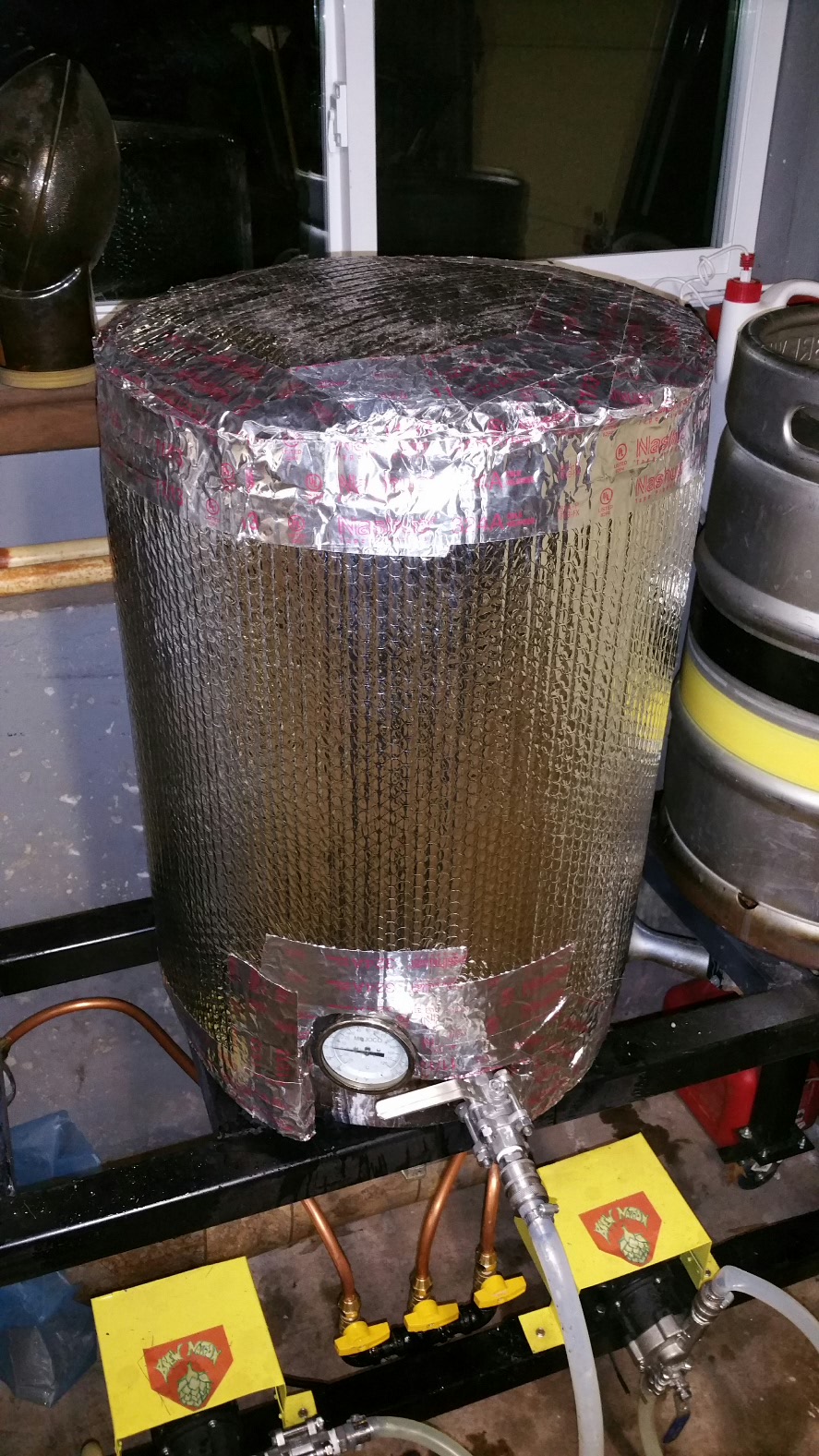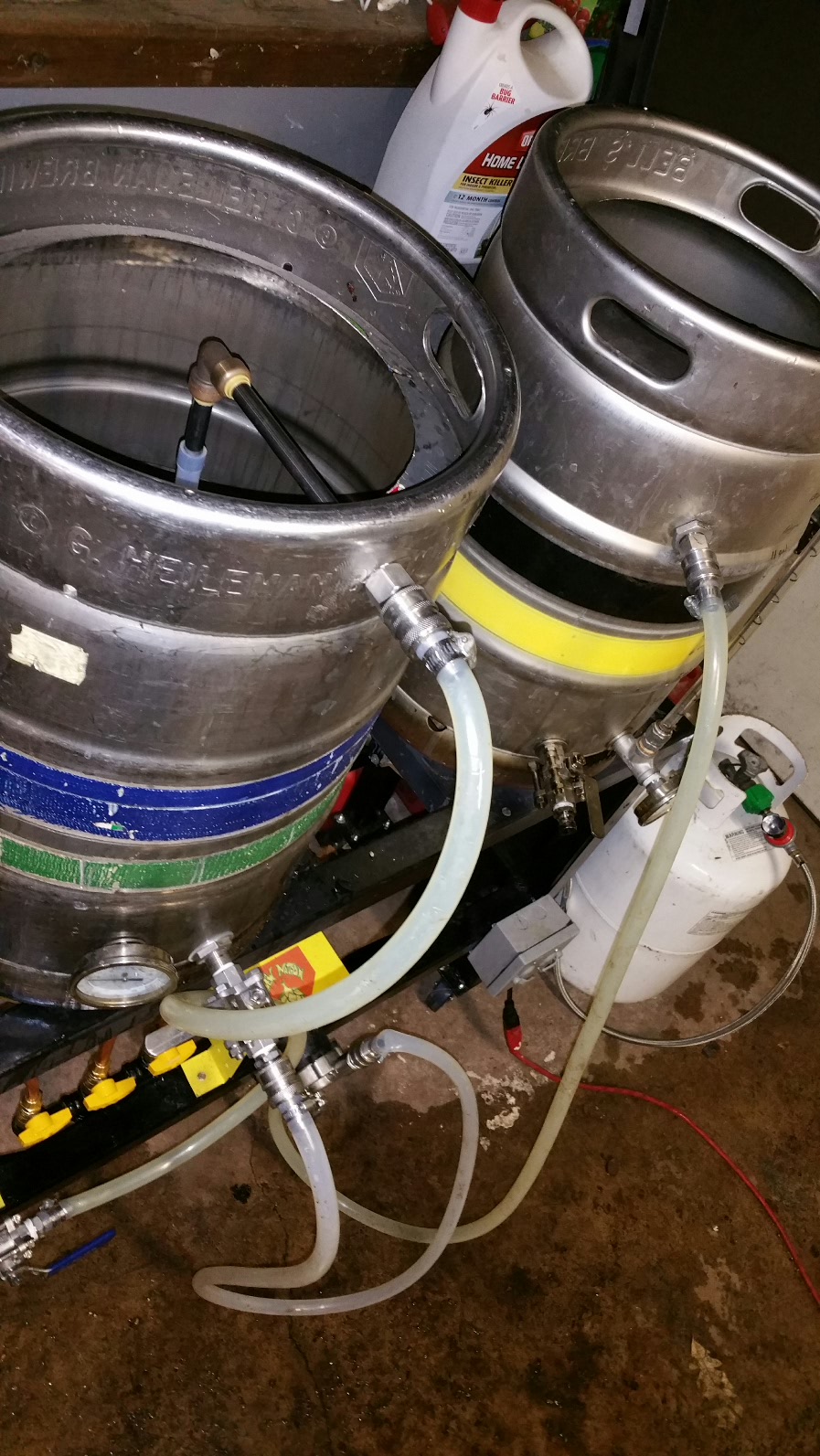Alright, let's look at this with a little detail. I was going to do some math, however a search finds that braukaiser has already done it for us (with a small amount of changes in interpretation).
http://braukaiser.com/wiki/index.php/Batch_Sparge_and_Party_Gyle_Simulator
This is a batch sparging calculation however limiting ourselves to the
initial mash and
first run off calculations we can compare what you measure as the gravity when you start fly sparing to the expected first runnings of a batch sparge.
- I am assuming that the 80% fine grind dry basis and 4% moisture content are correct (they should be close if recipie is good, look here for an example of how to calc for your recipe and refine the calc).
- the calculator assumes that you extract all possible water into the "first runnings" and calculates the gravity of the total volume, I am comparing the total first running (calculated as 3 gallons) to the initial reading at the beginning of the batch sparge and stating they should be equal OR the reading at the beginning of the batch sparge should be HIGHER than the value calculated for a 3 gallon first running batch.
Calculated using this method to obtain a 1.075 measurement of the initial wort of the sly sparge your conversion efficiency has to be BELOW 87.5 (and the related mash efficiency of the first running IF this was a batch would be 51.3%). This points to the issue not being in the sparge technique but a general low efficiency of the mash.
- As mentioned before grain crush is one of the first things to look at.
- check if your thermometers are calibrated
- check for hot spots in the mash outside of where the normal measurement is
- check for doughballs
- check to ensure your recipe is accurate and you are following it accurately (mislabeled or mis shipped grains??)
- Give this a read http://braukaiser.com/wiki/index.php?title=Understanding_Efficiency












